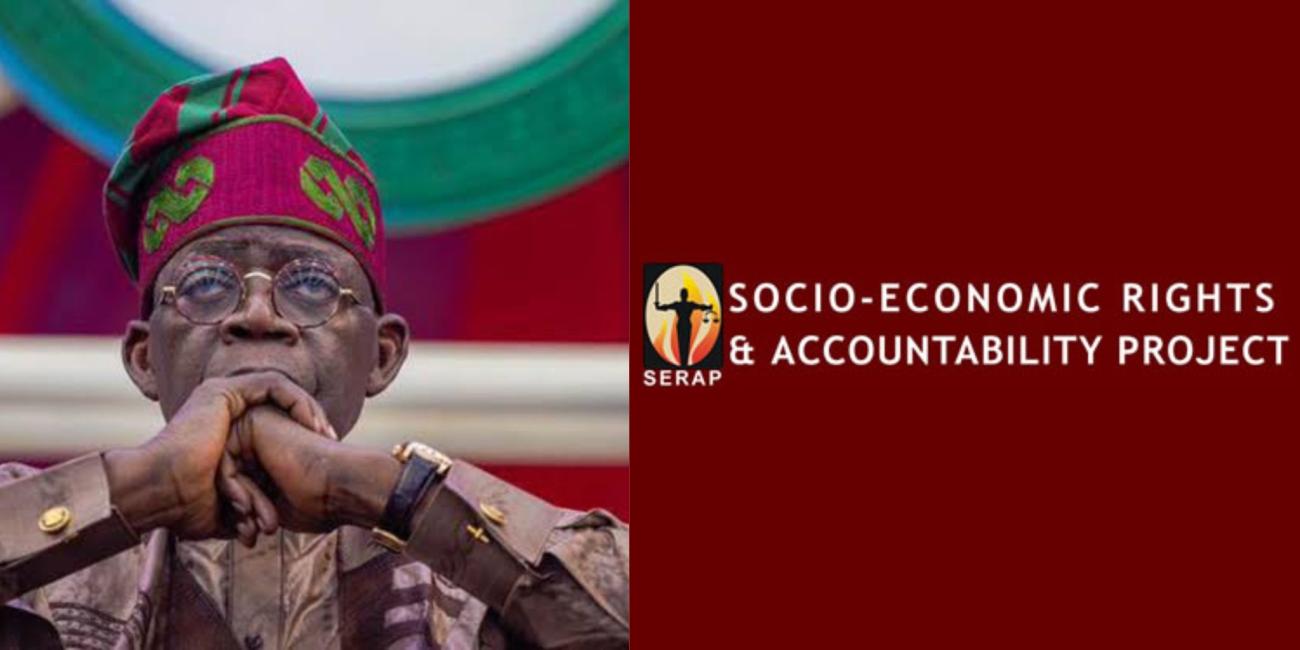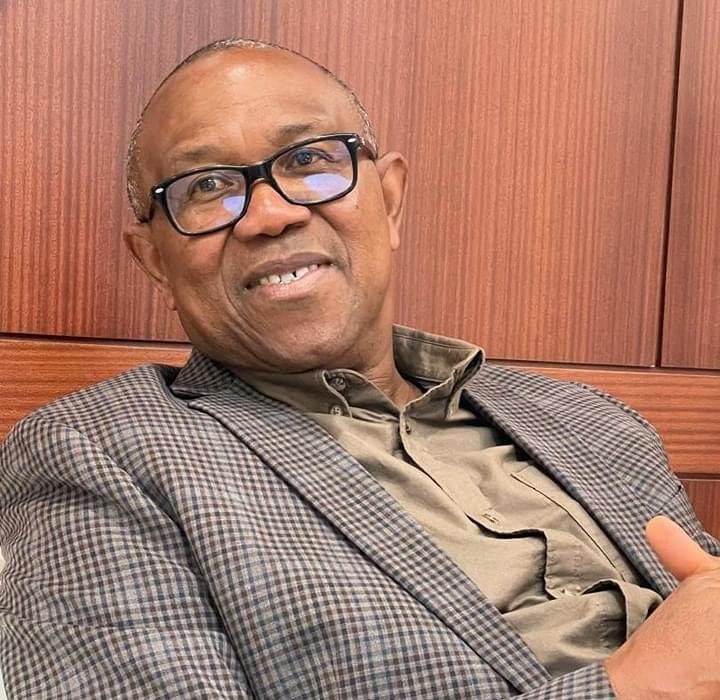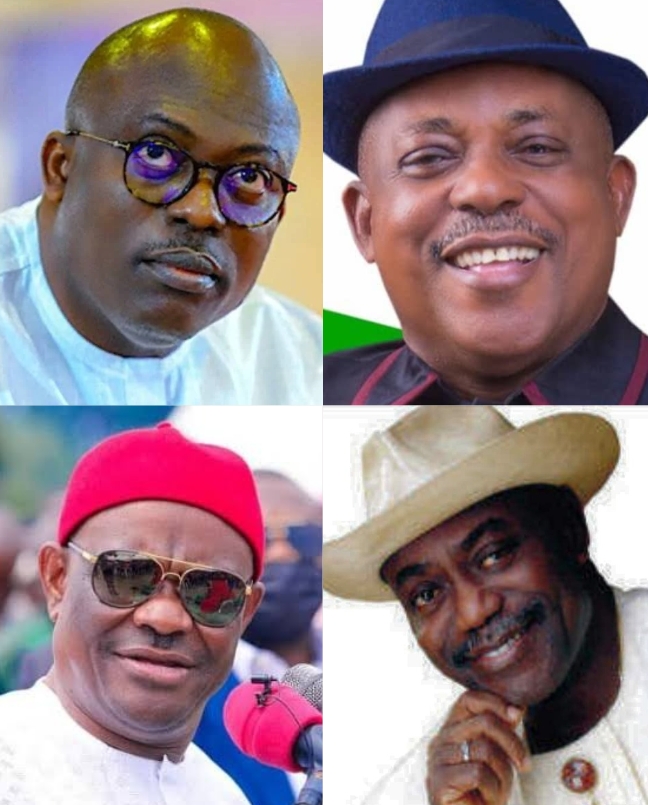BY ANTHONIA EMMANUEL
The Socio-Economic Rights and Accountability Project (SERAP) has called on President Bola Ahmed Tinubu to review his appointment of certain Resident Electoral Commissioners (RECs) for the Independent National Electoral Commission (INEC), alleging that some of the nominees are affiliated with the All Progressives Congress (APC).
In a letter dated June 7, 2025, and signed by SERAP’s Deputy Director, Kolawole Oluwadare, the group urged President Tinubu to withdraw the appointments of the alleged partisan individuals and instead nominate non-partisan Nigerians of unquestionable integrity. These new nominees, SERAP stressed, should be submitted to the Senate for confirmation well in advance of the 2027 general elections.
SERAP also called on the President to instruct the Attorney General of the Federation and Minister of Justice, Lateef Fagbemi, SAN, to draft and submit a bill to the National Assembly aimed at strengthening INEC’s institutional independence and neutrality.
The appeal comes in the wake of Tinubu’s nomination and the Senate’s confirmation in October 2023 of four RECs: Etekamba Umoren (Akwa Ibom), Isah Shaka Ehimeakne (Edo), Bunmi Omoseyindemi (Lagos), and Anugbum Onuoha (Rivers).
“Conducting the 2027 general elections with individuals perceived as politically aligned undermines public trust in the electoral process,” the letter stated. “Restoring public confidence requires INEC to be seen and function as a truly independent electoral body.”
SERAP warned that retaining partisan figures in critical electoral roles could repeat the credibility issues witnessed in the 2023 elections and erode the legitimacy of future polls.
The group referenced constitutional provisions to back its claims. Section 153(1)(f) of the 1999 Constitution establishes INEC as an independent body, while Section 156(1) prohibits appointees to INEC from holding party membership.
SERAP further explained that appointing individuals with clear political affiliations violates both the spirit and letter of the Constitution. “The term ‘non-partisan’ must be respected, as it excludes people who publicly align with political parties or whose professional background is rooted in partisan politics,” it said.
It added that public perception of INEC’s independence is critical to ensuring fair elections. “If Nigerians doubt the neutrality of INEC officials, it compromises the entire democratic process.”
The organisation concluded by urging the President to prioritize electoral reform through legislation and transparent appointments, ensuring that INEC remains accountable to the electorate and not to political interests.





